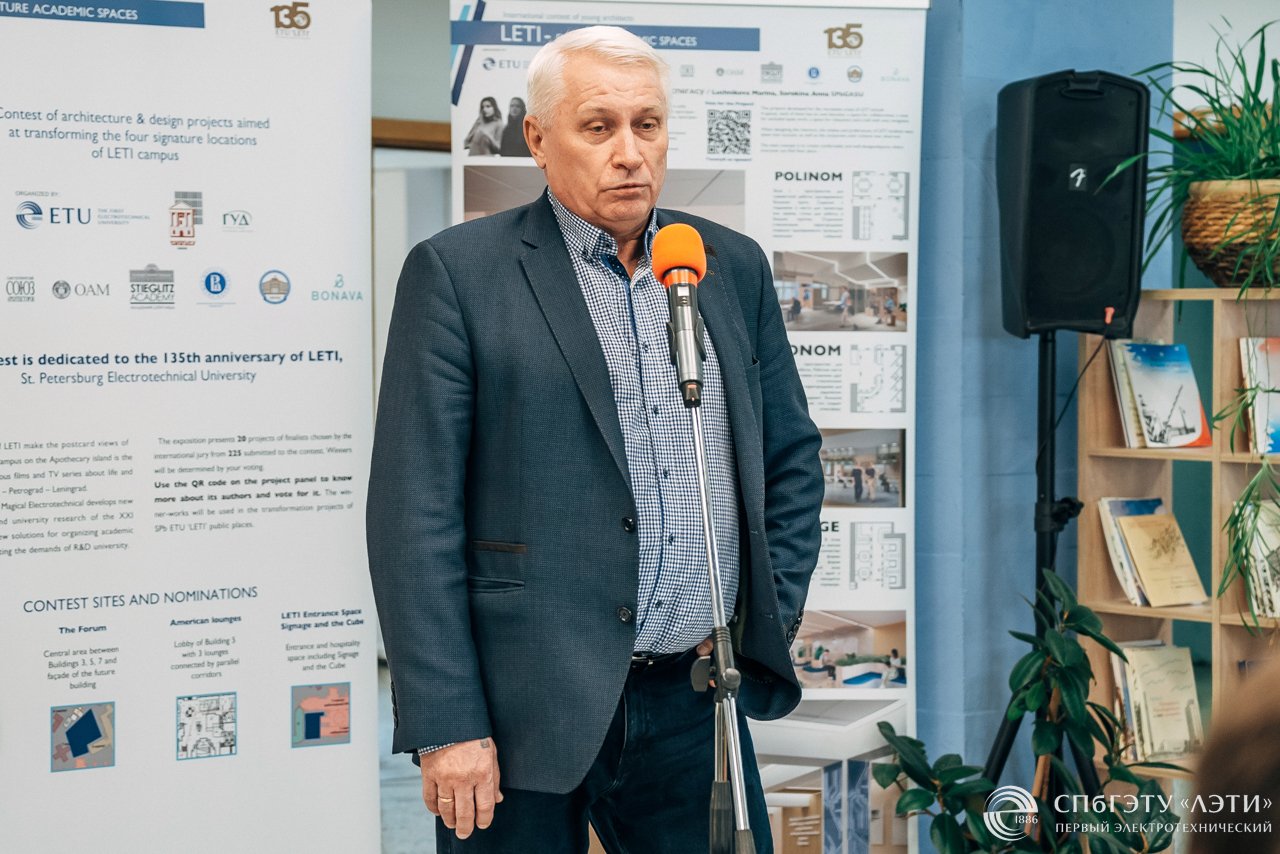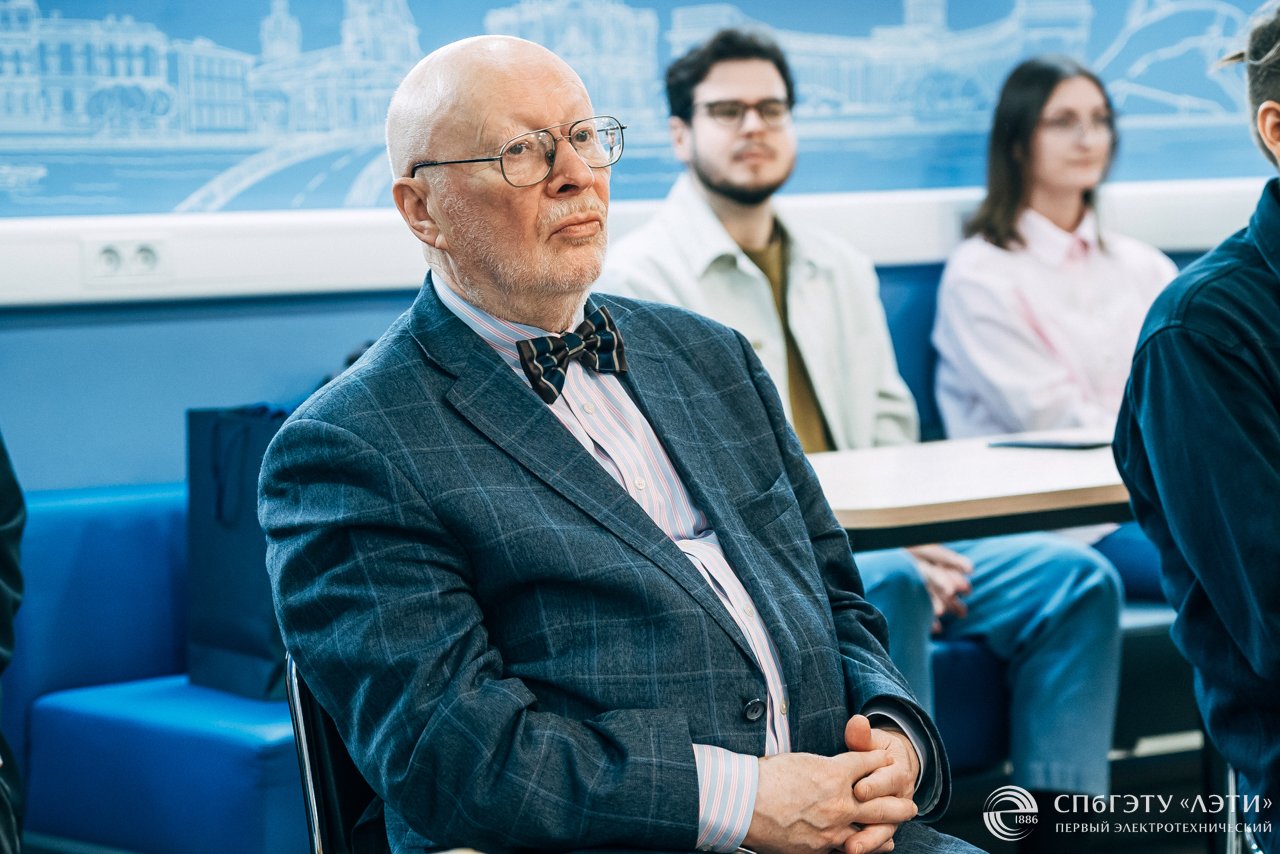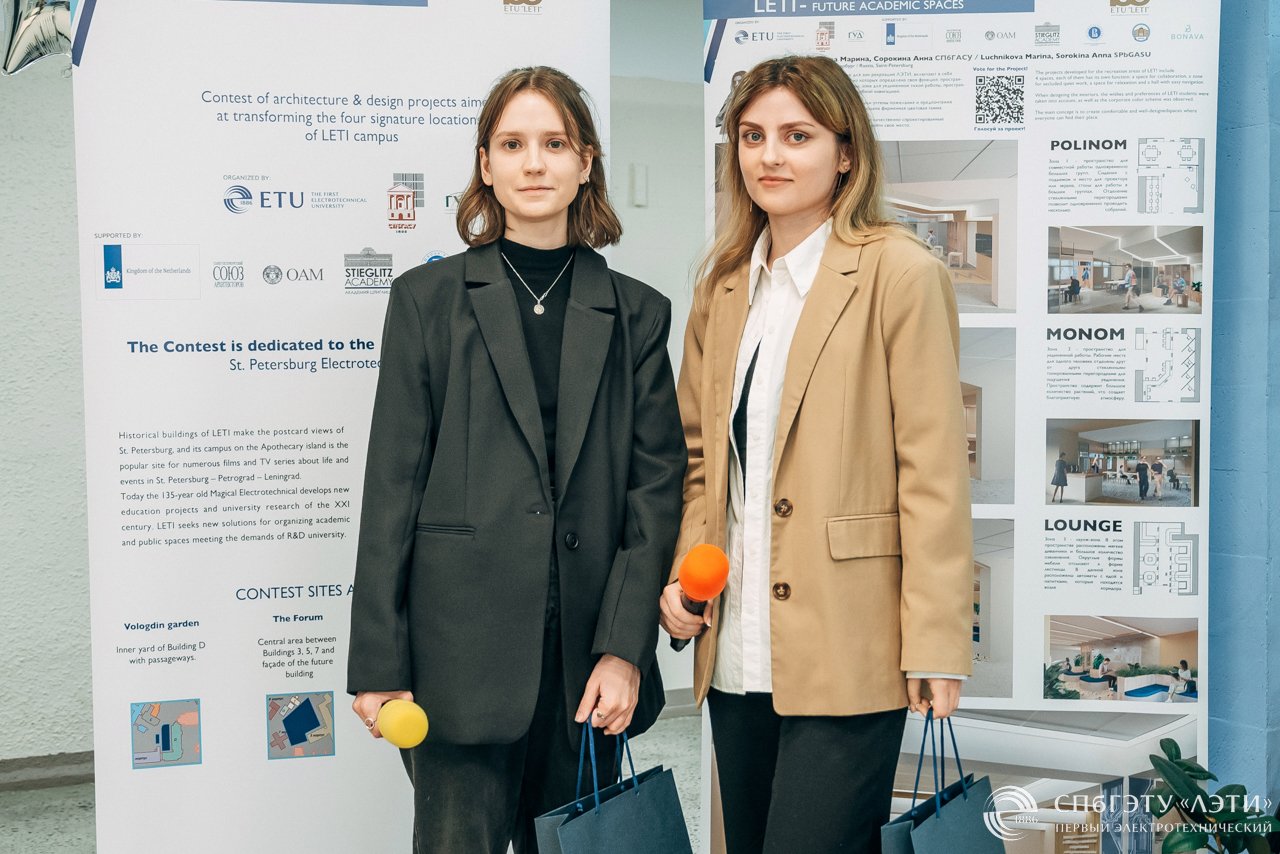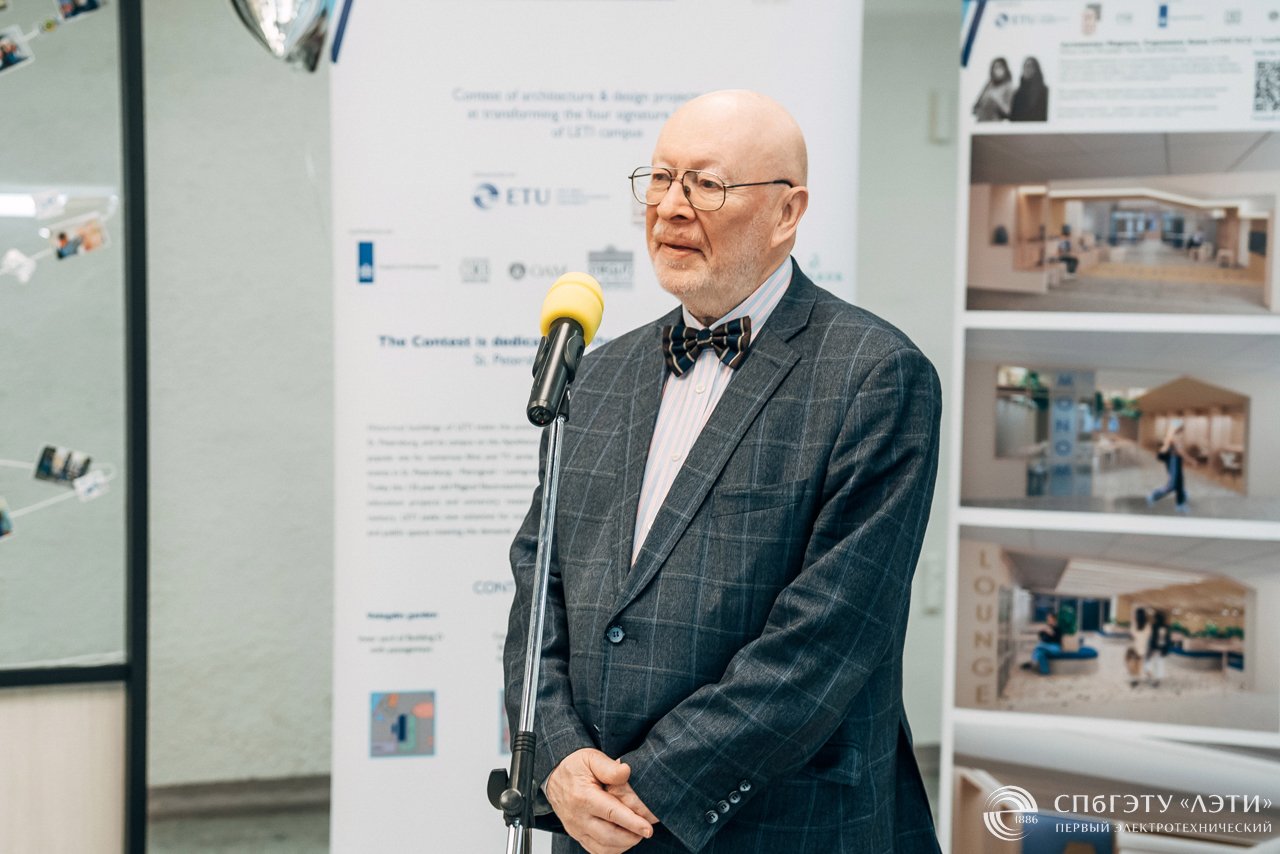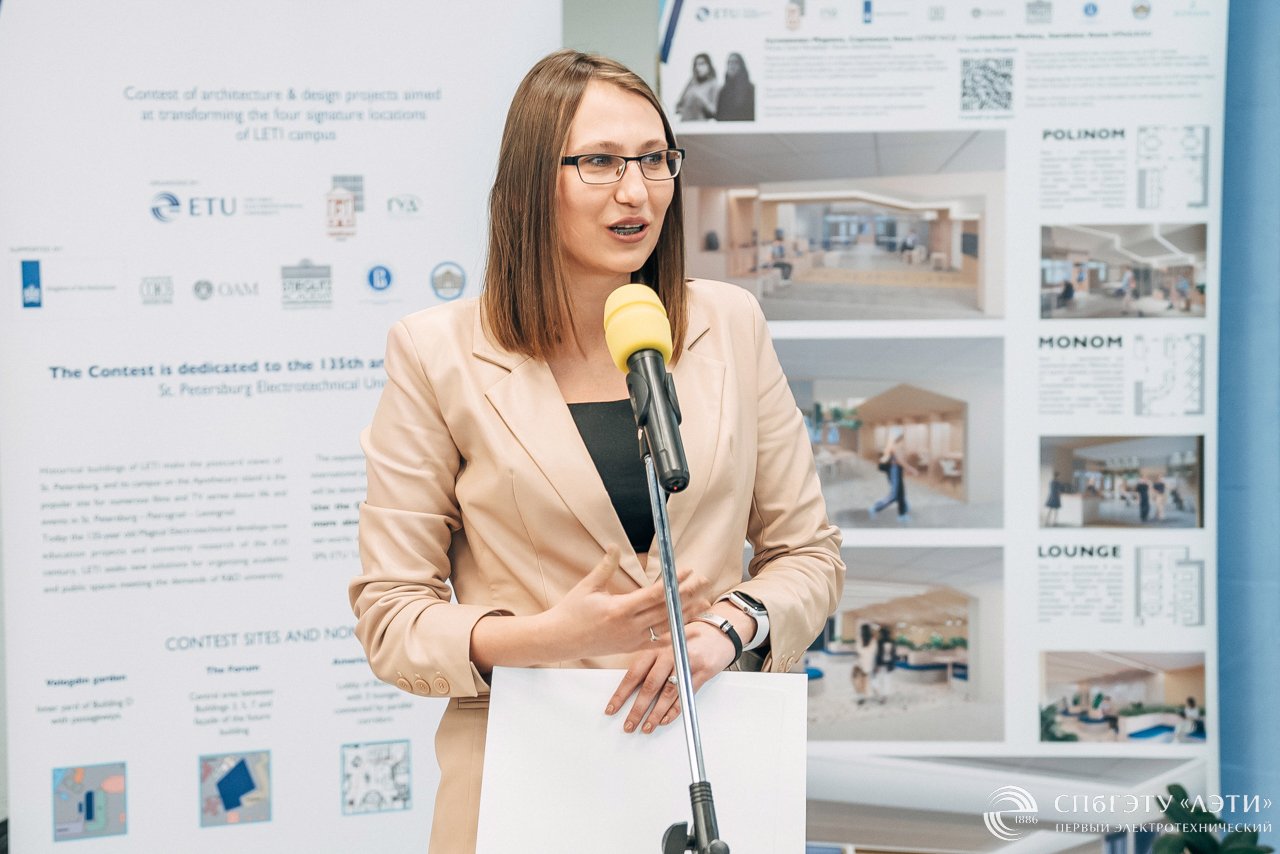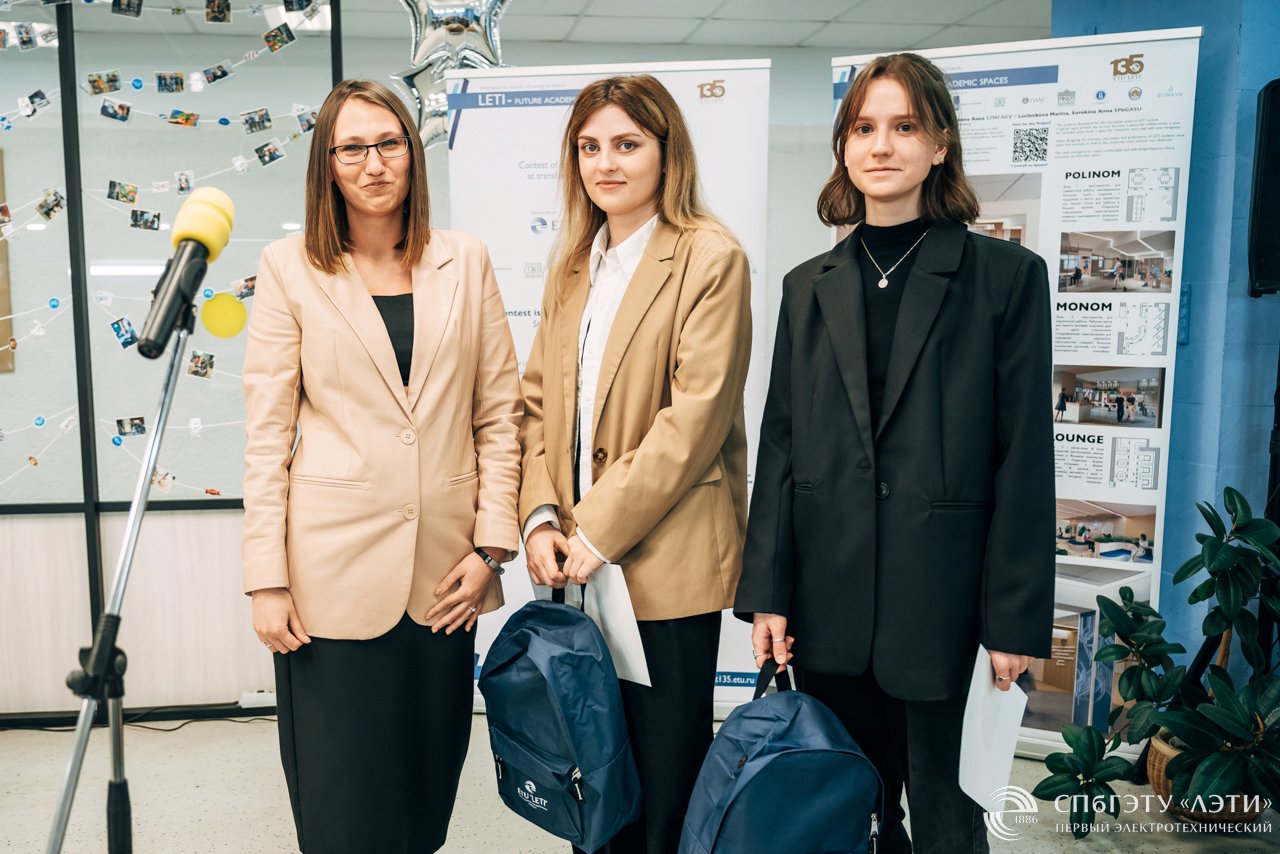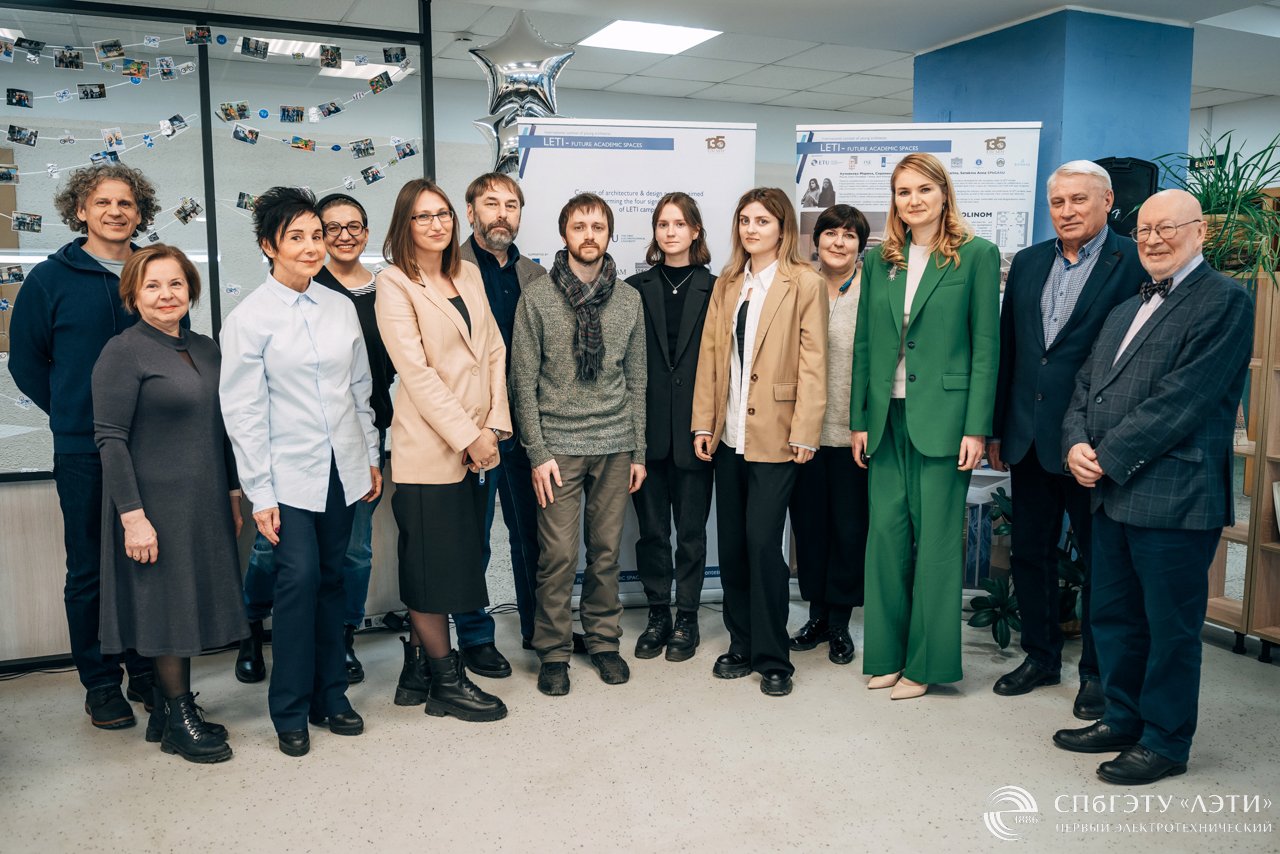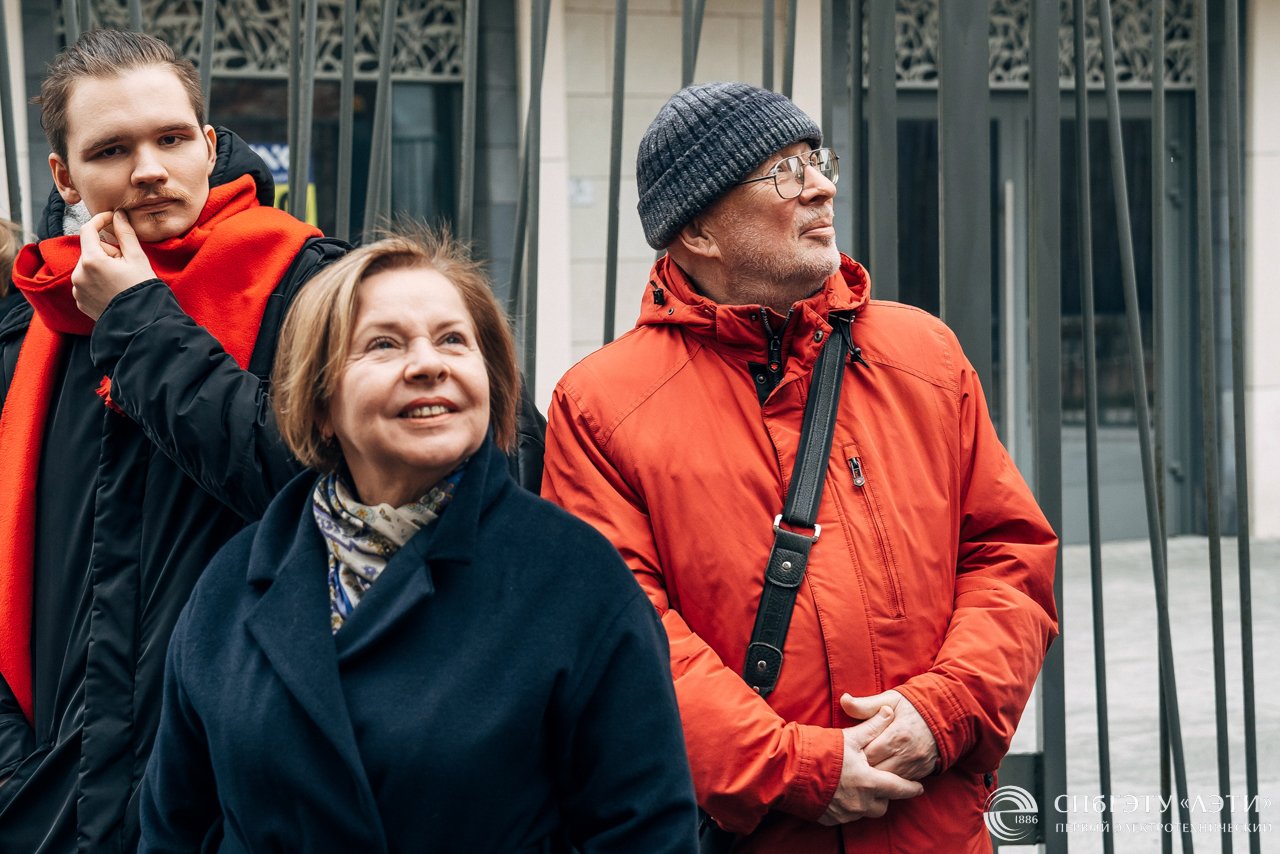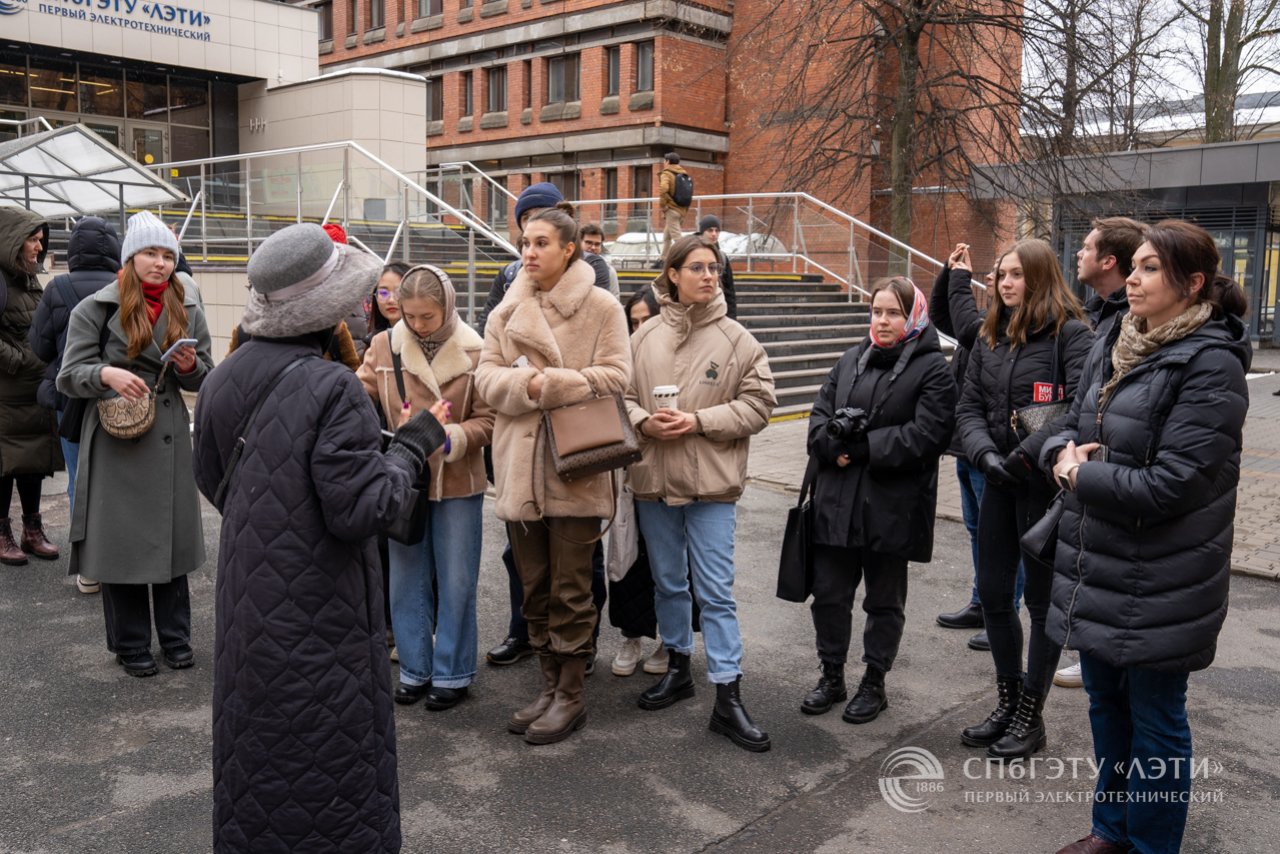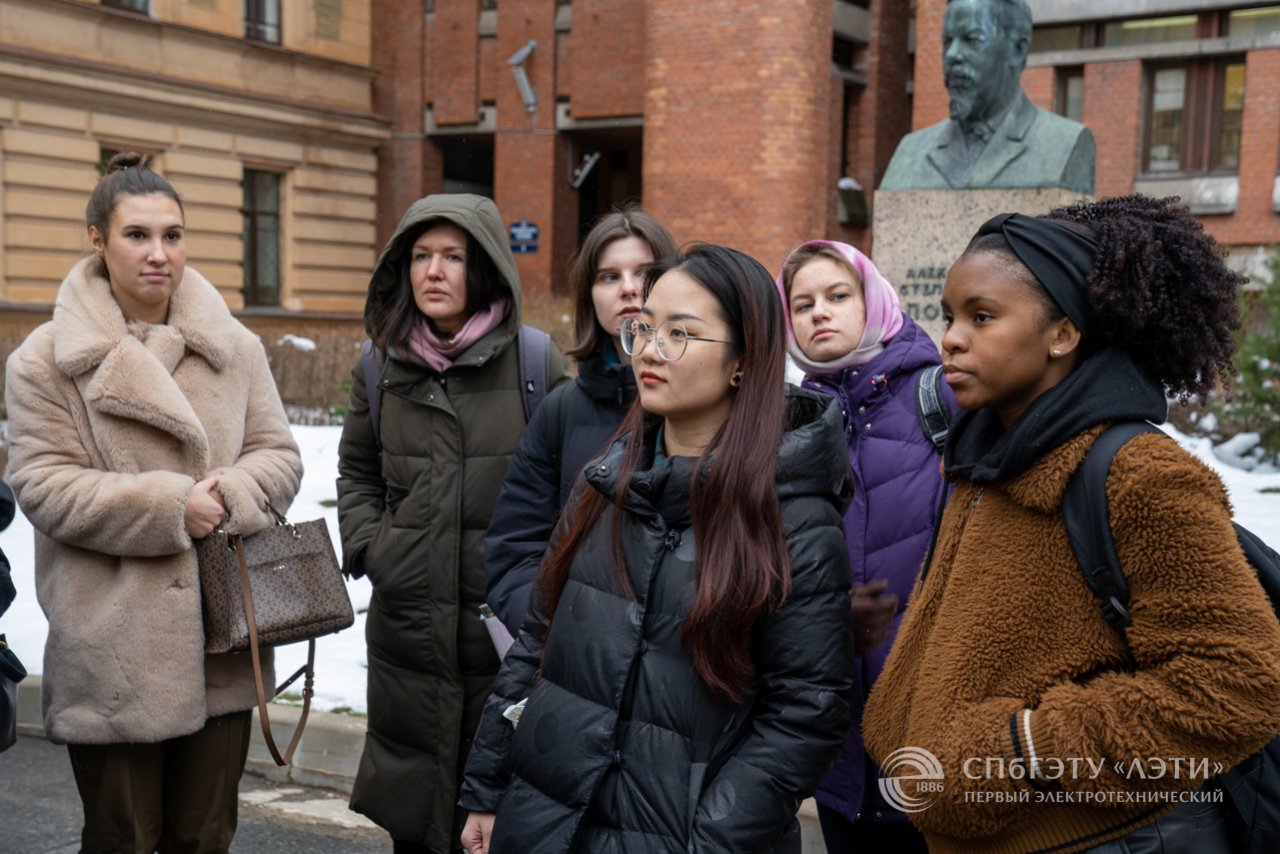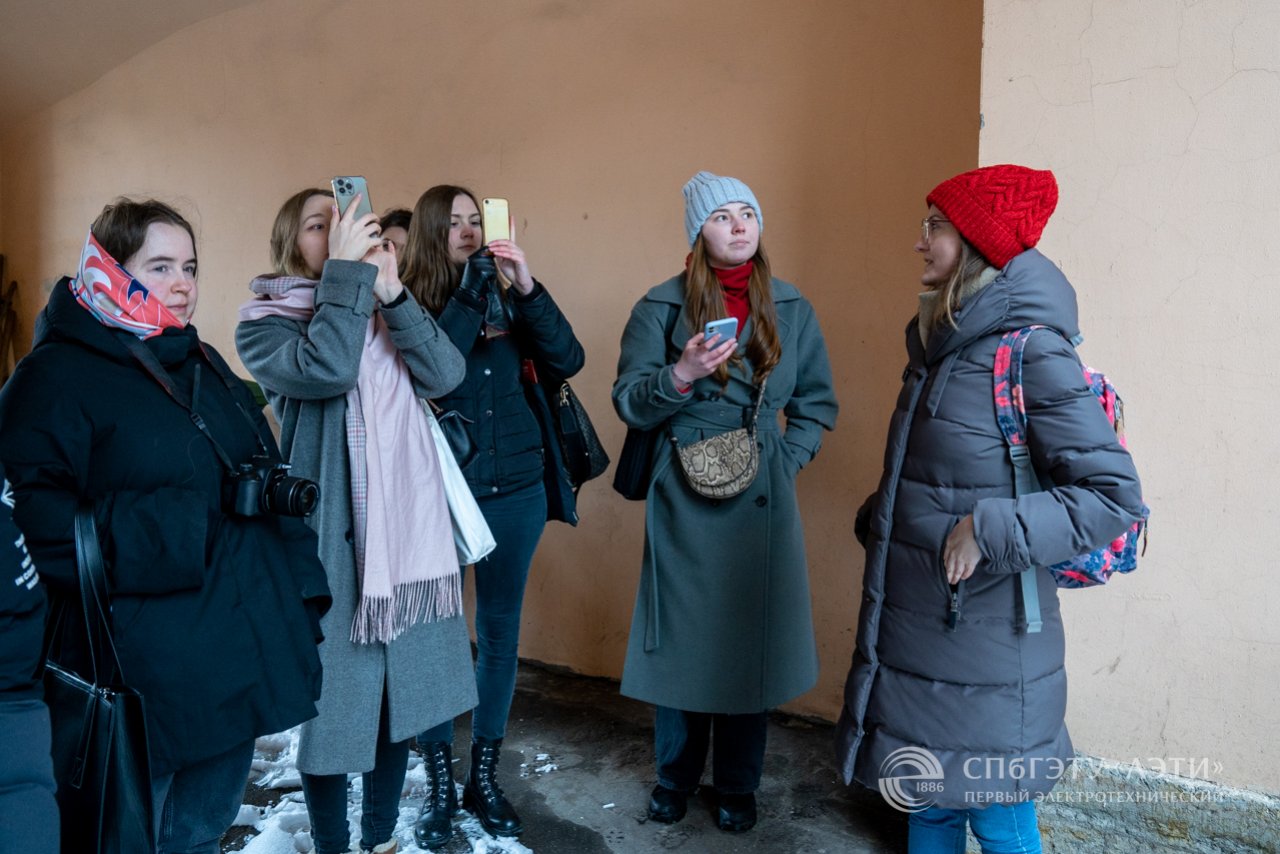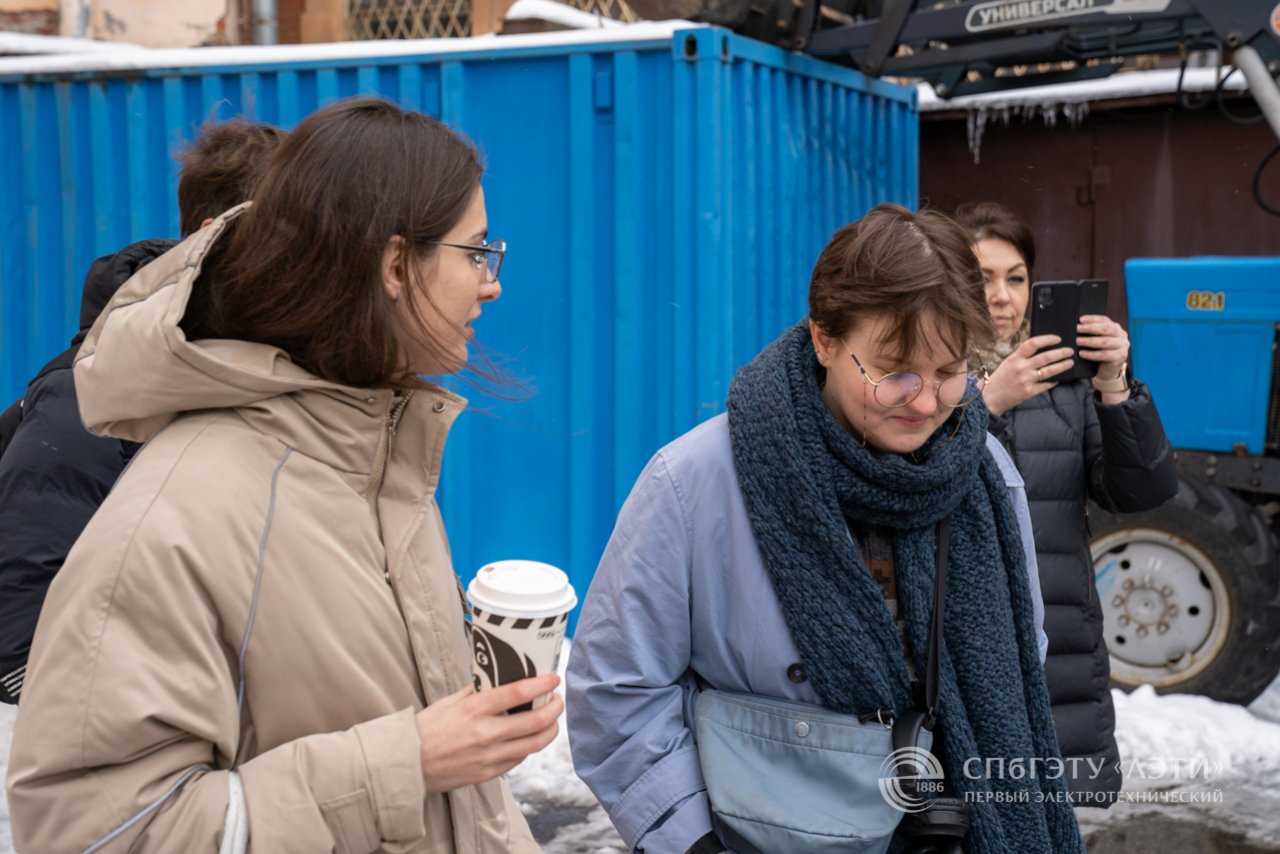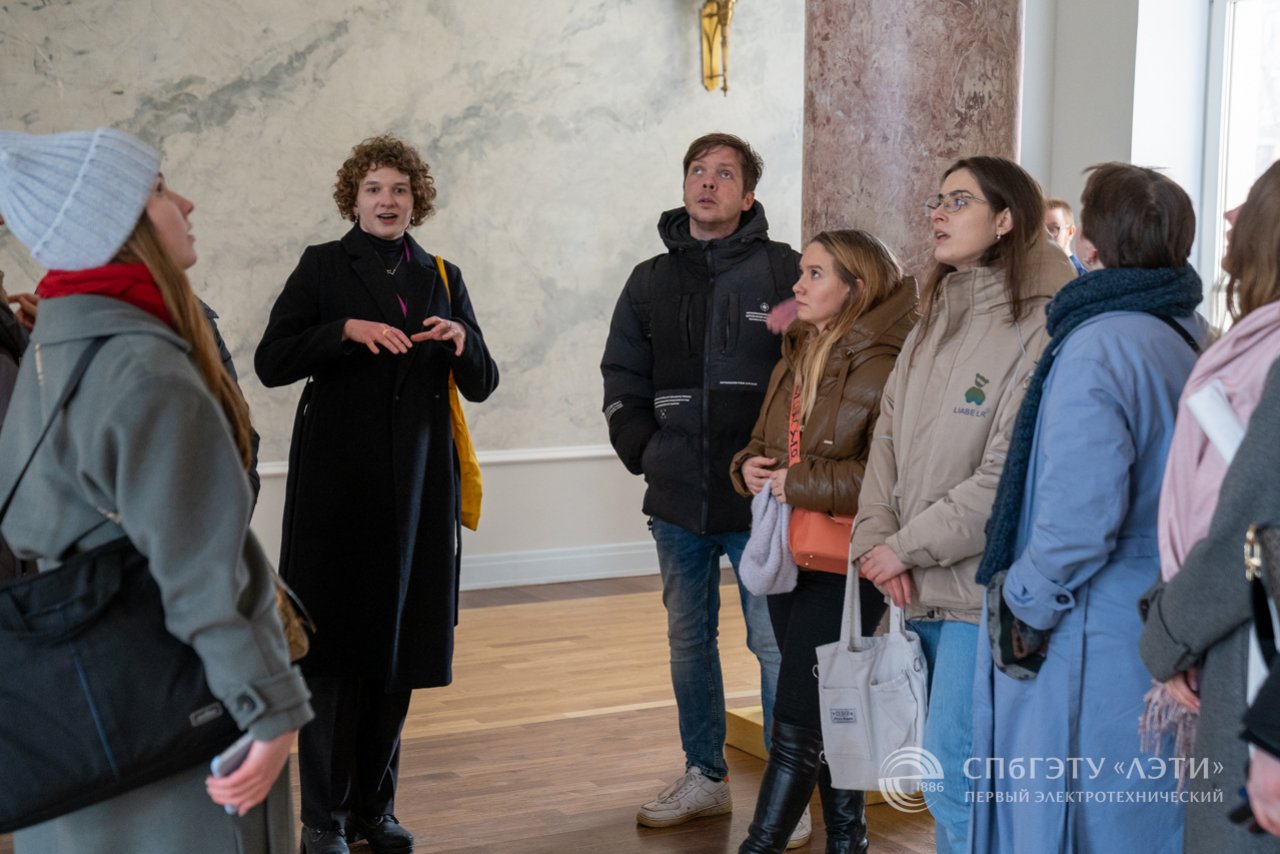On the Way to Ideal Campus: LETI Launches the Architecture & Design Contest
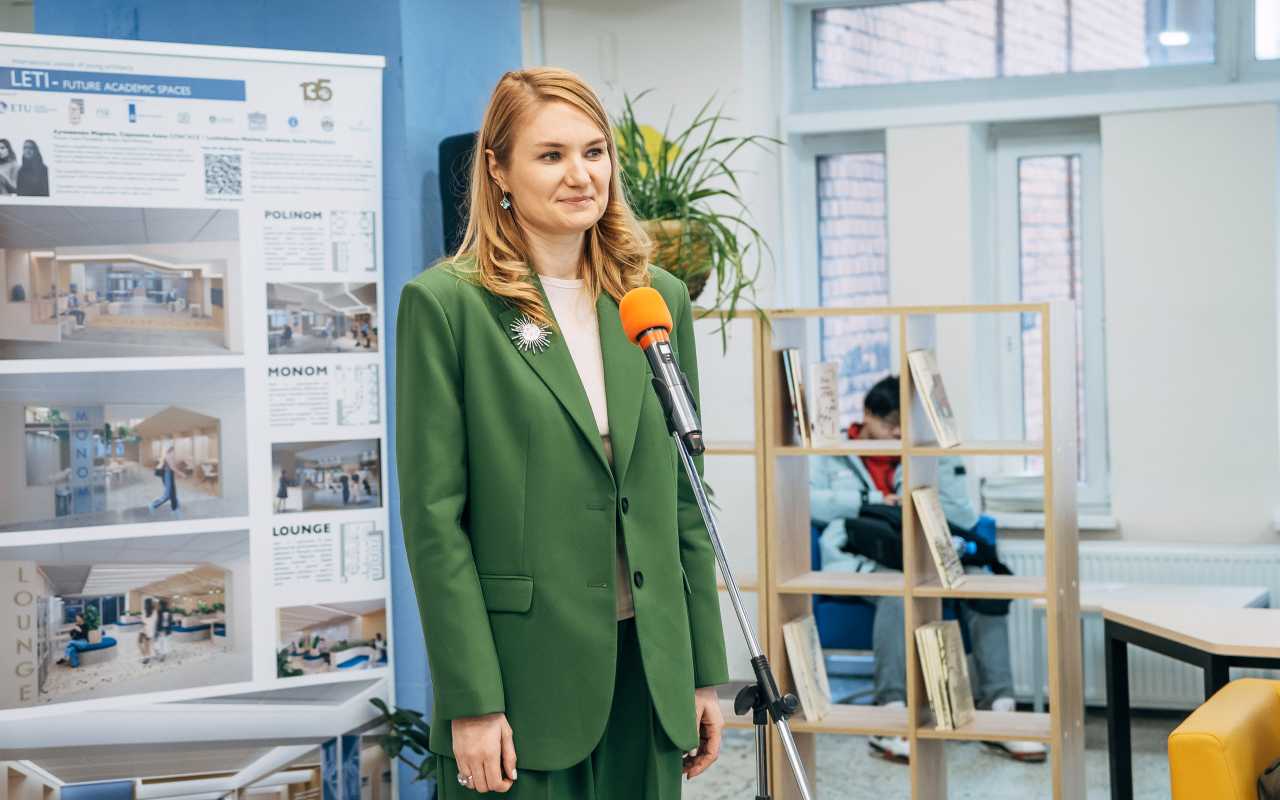
As part of the LETI Campus Design contest, young designers and architects will explore options for the LETI campus development.
06.04.2023
On March 28, the First Electrotechnical launched the LETI Campus Design international contest of architectural and design projects to transform four public spaces on the campus. The event took place in the renovated lounges – the output of the previous contest "LETI – Future Academic Spaces".
Anastasia Minina, Vice-Rector for International Affairs at LETI, opened the contest and greeted the Jury members.
"It is important that the space where we are now is the fruit of the first competition. It means that students and young architects from Russia and other countries do not just offer ideas – they take an active part in the project implementation, and this will make them the future top professionals in design and architecture".
The vice-rector noted that the new initiative is not only about LETI renovation, its target is to create an interdisciplinary community united by the Art & Science movement. LETI Campus Design offers a free educational program, including the Summer School, lectures by experts, and workshops.
Vladimir Pavlovskikh, Head of the Property Development Office at LETI, noted that the winner-project of the "Forum" nomination in the previous contest is planned for implementation after the construction of a new boiler house and replacement of underground infrastructure next year. "It is good that students of architecture give design ideas to their counterparts from technical universities. All students speak the same language, and the authors have a good vision of what the final project should be," said the speaker.
Authors of the lounges project, SPbGASU students Marina Luchnikova and Anna Sorokina, explained the design solutions for the recreational areas, which now are in most intensive use by LETI students. "We are very pleased that our project served as an inspiration for the interiors of such a university, it's nice to be part of something new. We hope that these spaces will inspire students to work together and make new discoveries," said the young architects.
Vladimir Linov, a member of the St. Petersburg Urban Council and Professor of Architecture, talked about the global trends in campus development. The two main ones are the transformation of universities into innovation centers and the humanization of education, i.e. the development of interdisciplinarity and the broadening of students' horizons. At the same time, universities located in historical buildings have to deal with certain transformation challenges.
"Speaking about universities and campuses located in the city center, today LETI is the leader in St. Petersburg, which looks for ways to make these ideal models a reality. I think that the successfully renovated lounges are a brilliant start on a very long road. In this sense, the second contest program is a promising continuation."
The event was concluded with a Jury tour around the project sites to be transformed by participants in the new contest.
On April 4, the LETI Campus Design sites were visited by students from SPbGASU. "We chose the LETI DNA nomination. Our first thought was to bring something industrial to the interior because this is what we associate the electrical engineering university with. If you combine that with the beautiful brick building, it could turn out really well. But first, of course, we would like to get the opinion of the students," shared Valeria Zhukova, a student of SPbGASU.
Students and employees of LETI can share their vision for four public areas by filling in the questionnaire.
During the next contest, stage contestants will work on the projects, which will be accepted until late September 2023. During this period, the initiative will also include interdisciplinary events and expositions.
